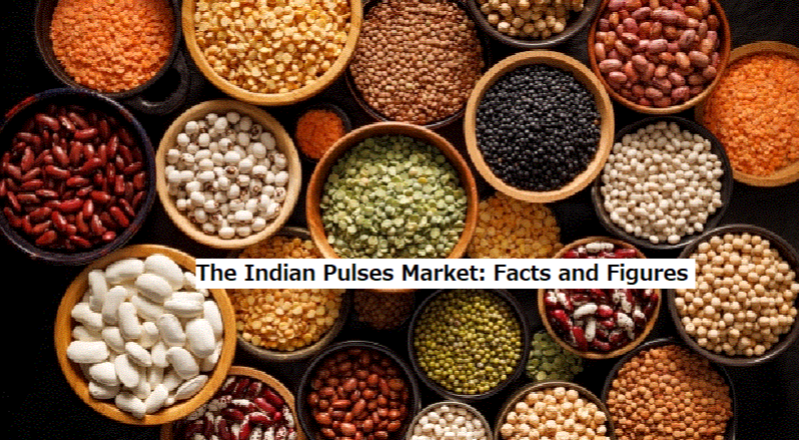A B2B Marketplace Platform with Ample Business Opportunities
So, what makes us the best online B2B marketplace in India? It's the promise of excellence that we deliver every time. And we intend on providing much more. As a leading B2B marketplace platform, we have an expansive spectrum of categories and their products listed on our B2B trade portal. Let's have a glance at some of them-
B2B Fashion Marketplace- We have reliable suppliers of quality, fashionable, and variety apparel. The clothing industry has an enormous market and our B2B fashion marketplace will enable you in finding and reaching the perfect supplier for your business. Our marketplace is no less than a boon for buyers and sellers of the clothing industry.
B2B Furniture Marketplace-We have furniture and home decor sellers from across the globe listed with us. On our B2B furniture marketplace, our broad buyer base has access to exporters and manufacturers who have years of expertise in this industry. Not only is this sector vast but it has great potential and our platform is ideal for people looking forward to expanding their business in this industry.
B2B Equipment Marketplace- We have trusted sellers of safety equipment including protective gears, helmets, gloves, and protective clothing to satisfy the demands of this rapidly growing market. The requirement of Personal Protective Equipment (PPE) is burgeoning. PPE provided by the suppliers on our platform are at par with industry standards and have decent prices.
B2B Agriculture Marketplace- Agriculture industry has a never-ending potential and is considered one of the most profitable sectors. What makes our B2B agriculture marketplace the most advantageous in the field is the presence of thousands and thousands of competent suppliers and an active buyer base. Our sellers have to offer a tremendous range of agricultural commodities including rice, coconut, wheat, vegetables, fruits, byproducts, and more.
Along with these products, we offer numerous other products for wholesale business in India. We offer tools and machinery. We also provide a variety of high-quality appliances and electronic devices for your business. For ultimate employee performance, GTP offers a variety of office supplies and gadgets.

